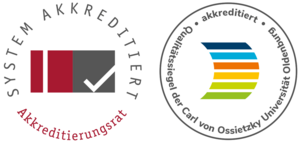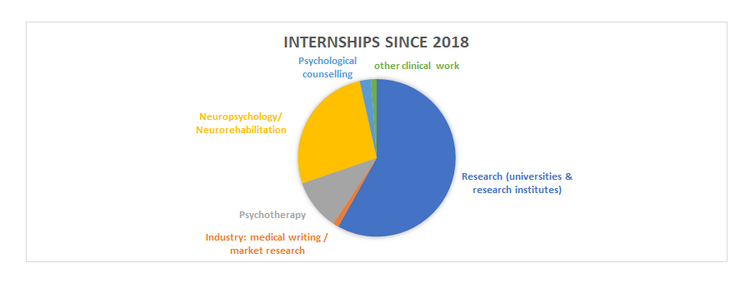Contact
Inquiries about the programme:
Internships:
Official university information about the Neurocognitive Psychology programme:

Course Overview

The Research Master Neurocognitive Psychology is a research-oriented international graduate programme, which offers systematic coverage of the major fields in psychology as well as in-depth training in cognitive neuroscience and neuropsychology.
The programme does not focus on clinical psychology.
The programme takes two years to complete and is offered through the Department of Psychology. It is a full time course that requires attendance. As a graduate student, you will be able to choose from a variety of research modules. The department's research spans cutting-edge topics such as hearing and cognition, brain oscillations and behaviour, mobile EEG, computational neuroscience, ambulatory assessment and pharmaco-neuroimaging, just to name a few. Different state-of-the-art neuroscience tools and psychology labs are available to gain hands-on experience in magnetic resonance imaging (fMRI), magnetoencephalography (MEG), high-density (mobile) electroencephalography (EEG), eye tracking, transcranial magnetic and electrical stimulation (TBS), and psychophysics. Note that cutting-edge research with these techniques requires good programming skills which you will learn in our programme. Practical experience is gained through our applied modules and during the internship which may be performed in hospitals/rehab centres, laboratories or companies.
The programme prepares students for a career in research or for an employment in applied settings (such as hospitals or industry). Several of the research-based modules prepare students in depth for entering a PhD programme in the area of cognitive neuroscience. The applied modules additionally guarantee a basic training in the area of clinical neuropsychology and human computer interaction.
We are part of the Network of European Neuroscience Schools (NENS).
Login for access to module videos, recorded introductory and career session
If you wish to get access, please contact the programme coordinator Kerstin Bleichner for login details.



